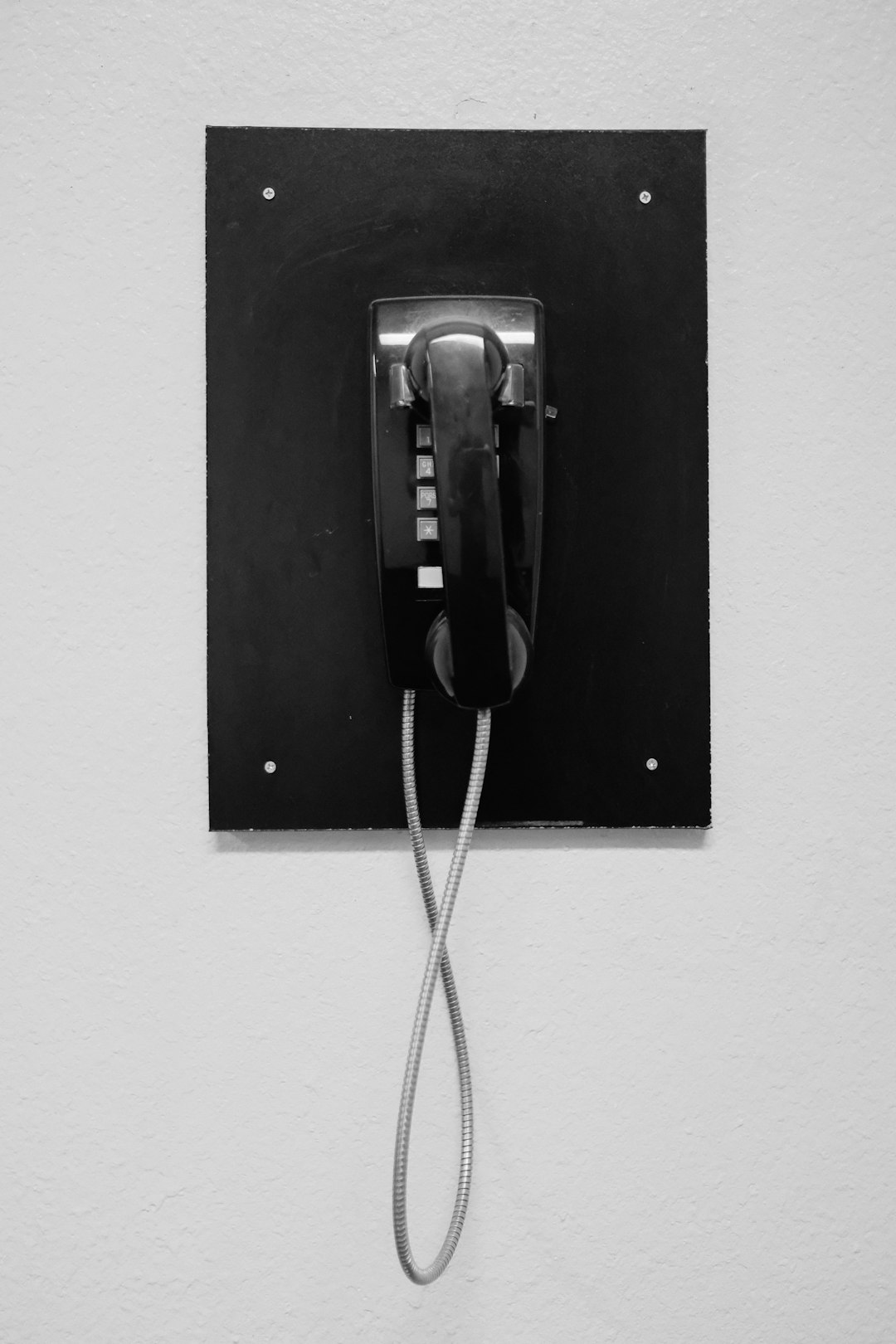Robocalls are a growing problem in South Carolina, encompassing political campaigns, telemarketing, and fraudulent activities that invade privacy and pose financial risks. In response, residents are turning to specialized robocall lawyers and attorneys for help. Building a grassroots movement involves community engagement through events, workshops, and awareness campaigns. Understanding federal laws like the TCPA is crucial, as well as documenting robocalls for potential legal action. Reputable robocall law firms in South Carolina offer guidance, support, and representation to combat this nuisance.
Tired of unwanted and invasive robocalls? You’re not alone. In South Carolina, the proliferation of these automated phone calls has become a growing concern, impacting residents across the state. This comprehensive guide aims to empower South Carolinians in their fight against robocalls. From understanding the issue’s scope to exploring legal options, we’ll navigate you through effective strategies. Discover how community outreach, education, and knowledge of your rights as a Robocall Lawyer South Carolina can foster a grassroots movement, ensuring a quieter, more peaceful phone experience for all.
Understanding Robocalls and Their Impact in South Carolina
Robocalls, automated phone calls that deliver recorded messages, have become a ubiquitous yet nuisance in South Carolina and across the nation. While some robocalls promote valuable services or share important information, many fall into the category of unwanted or fraudulent communications. These include political campaign calls, sales pitches from telemarketers, and scam attempts designed to trick residents into sharing personal data or making financial transactions. In South Carolina, where a significant portion of the population relies on landlines, the issue is particularly pronounced.
The impact of robocalls extends beyond mere frustration. They can disrupt individuals’ daily lives, invade privacy, and even lead to financial loss for those who fall victim to scams. Moreover, excessive robocalls can contribute to elevated stress levels and negatively affect mental well-being. Recognizing the need to combat this growing problem, many South Carolina residents are turning to robocall lawyers and robocall attorneys for help and guidance. Reputable robocall law firms in South Carolina specialize in navigating consumer protection laws to hold culprits accountable and protect citizens from these intrusive and often illegal practices.
Organizing Community Outreach and Education
Building a grassroots movement against robocalls starts with community outreach and education. Organize local events, workshops, or town halls to raise awareness about the impact of automated calls on South Carolina residents. Engage with community leaders, churches, and neighborhood associations to spread the word. A Robocall Lawyer South Carolina, or a dedicated robocall attorney from a reputable law firm in South Carolina (like our firm), can play a crucial role here by providing legal insights and advising on rights and available remedies. They can also help draft effective communication strategies to counter these intrusive calls.
Encourage residents to share their experiences with robocalls, and provide practical tips on how to block or report them. Collaborate with local media outlets and community radio stations to reach a wider audience. Use social media platforms to create online forums where people can discuss the issue and share information. By empowering South Carolinians with knowledge and tools, you’re fostering a collective effort to combat robocalls, making your movement more effective and impactful.
Legal Strategies to Combat Robocalls: A Step-by-Step Guide for South Carolina Residents
In South Carolina, residents have legal options to combat the nuisance of robocalls. The first step is to understand the laws protecting you. According to the Telephone Consumer Protection Act (TCPA), it’s illegal for businesses and individuals to make automated calls to mobile phones without prior express consent. If you’re being harassed by robocalls, document the calls, including the caller’s number, messages left, and timing. This evidence will be crucial if you decide to take legal action.
Next, consider consulting a robocall lawyer South Carolina or contacting a reputable robocall law firm South Carolina. Legal professionals specializing in this area can guide you through the process of filing a complaint with the Federal Communications Commission (FCC) or taking civil action against the perpetrators. They can also help navigate the complexities of the TCPA to ensure you receive justice and compensation for your distress. Remember, collectively, robocall attorneys South Carolina and residents can push back against this widespread issue, making phone lines safer for all.






